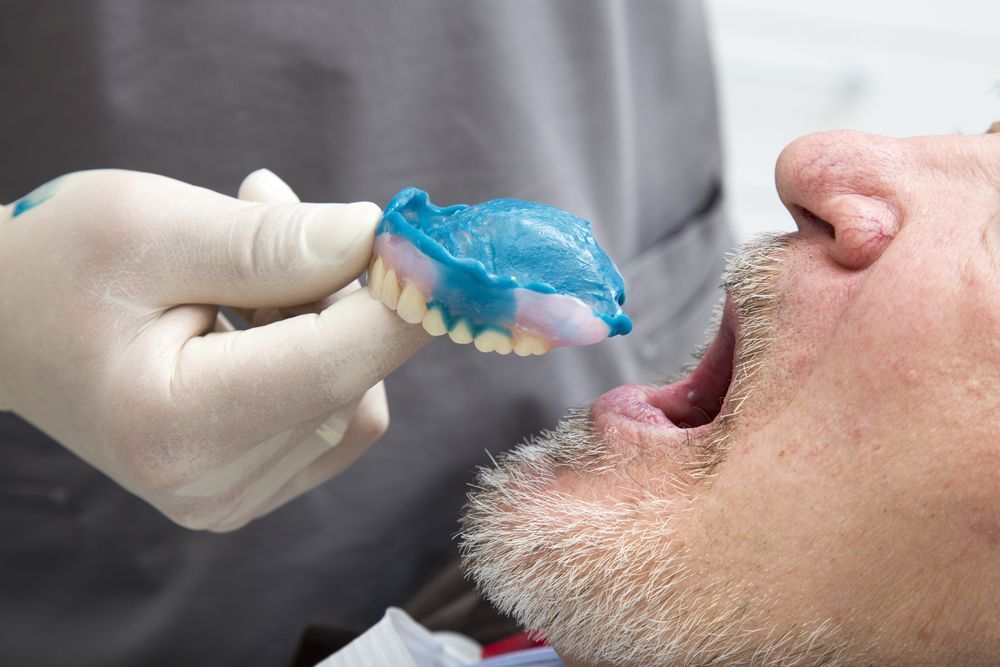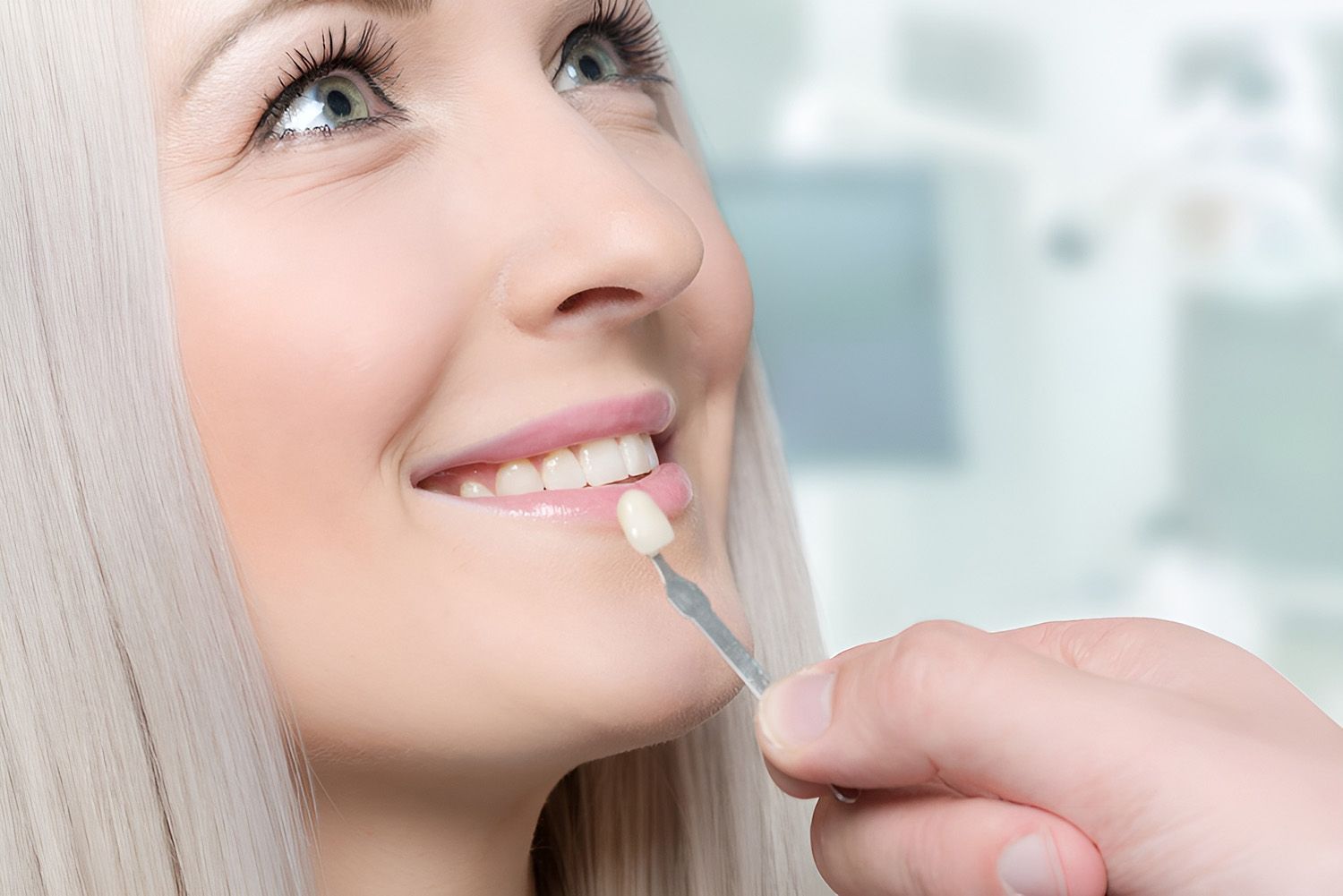What to Expect After Getting Veneers: Post-Treatment Care
Veneers have become a popular solution for individuals looking to enhance the look of their teeth by correcting minor imperfections such as chips, discolouration or gaps. Whether porcelain or composite, veneers offer a smooth, natural appearance and can contribute to a more even smile. However, achieving the ideal result doesn’t end once they are placed. Understanding the post-treatment phase is vital to help ensure your veneers stay intact and perform their role over time.
If you recently received veneers in Cairns or are considering the treatment, here’s a detailed look at the recovery period and practical tips on post-treatment care that align with your oral health routine.
Initial Recovery Period: What You Might Notice
Once your veneers are placed, you may experience some temporary sensitivity or discomfort. This is a normal part of the recovery process as your mouth adapts to the new restorations.
- Tooth sensitivity: Mild sensitivity to temperature changes is common in the days following treatment, especially when consuming hot or cold foods.
- Changes in bite: It may feel like your bite is slightly different as the veneers settle into place.
- Tissue tenderness: The surrounding gums might be slightly irritated after the procedure.
These sensations typically subside on their own, but it’s important to follow any instructions your dentist provides to support the healing process.
Daily Oral Hygiene Is Still Essential
While veneers are designed to be durable, the underlying teeth and gums still require daily care to stay healthy. Your oral hygiene routine should continue as usual, with some adjustments for the materials used.
- Brush gently: Use a soft-bristled toothbrush and non-abrasive fluoride toothpaste to clean without scratching the veneer surfaces.
- Floss regularly: Plaque can accumulate around the margins of the veneers, so flossing is important to maintain gum health.
- Consider alcohol-free mouthwash: Using a gentle mouthwash helps freshen breath without drying the mouth or irritating soft tissues.
Good hygiene can help reduce the risk of plaque buildup around the edges of your veneers and support overall oral wellbeing.
Dietary Awareness After Treatment
After getting veneers, it’s advisable to be mindful of what you eat, particularly in the initial weeks. Although veneers are bonded securely, certain habits and foods can place undue pressure on them.
- Avoid very hard foods: Items like ice, hard candies or nuts may increase the risk of veneer chipping.
- Limit sticky substances: Chewy toffees or gum can pull at the edges of veneers and affect their placement.
- Minimise staining foods: Red wine, coffee, and richly coloured sauces can stain composite veneers more easily than porcelain ones.
Adopting a balanced and gentle approach to eating supports the function and appearance of your veneers.
Long-Term Veneer Maintenance Habits
Ongoing care can play an important role in supporting the function of your veneers and the health of the supporting structures. Veneers are strong, but like natural teeth, they can still be affected by impact or lack of care.
- Regular dental check-ups: Routine visits allow your dentist to assess the condition of your veneers and identify any signs of wear or movement.
- Professional cleans: Scale and polish treatments help remove deposits from around veneers and ensure they retain their smooth finish.
- Night guards (if needed): For individuals who clench or grind their teeth, a night guard may be recommended to reduce pressure on the veneers.
Taking preventative steps helps reduce the likelihood of needing early repairs or adjustments.
Monitoring for Signs of Wear or Changes
Due to regular use, veneers may undergo subtle changes over time. Being aware of these signs allows for early intervention and maintenance if needed.
- Feeling a change in fit: If a veneer feels loose or doesn’t align the same way, it’s best to consult your dentist.
- Noticing surface changes: Chips, roughness or cracks in the veneer surface should be assessed to determine if they need attention.
- Gum recession: If the gum line recedes and exposes more of the natural tooth, it can affect the appearance and hygiene around the veneer.
Remaining attentive to these developments is key to sustaining both aesthetics and comfort.
Composite vs Porcelain Veneer Considerations
Different materials require slightly different care strategies. Understanding what type of veneer you have can help inform your post-treatment care decisions.
- Porcelain veneers in Cairns: Porcelain is typically more stain-resistant and durable, but still requires care to avoid cracking or excessive pressure.
- Composite veneers in Cairns: Composite materials may stain more easily and may require periodic polishing to maintain their brightness.
Discuss with your dental provider what maintenance is best suited to your veneer type, and follow tailored care recommendations accordingly.
Lifestyle Considerations for Veneer Care
Certain lifestyle habits can impact the longevity and appearance of veneers. Making small adjustments can be beneficial in protecting your dental investment.
- Avoid biting objects: Pens, fingernails, or bottle caps can create unnecessary stress on veneers.
- Use a straw for staining drinks: Minimising contact with teeth can help composite veneers retain their colour longer.
- Quit smoking: Tobacco use can discolour teeth and veneers, especially around the margins, and may contribute to gum issues.
Incorporating healthy habits supports both the appearance and durability of your veneers.
Emotional Benefits & Adjusting to Your New Smile
For many people, receiving veneers is more than just a dental procedure—it can offer a new sense of confidence. Adjusting to your new smile may take time, but with proper care, you’ll be more at ease with daily activities like eating and speaking.
- Initial adaptation: It might feel unusual at first, especially with changes in bite or texture.
- Social confidence: Many people feel more comfortable smiling and engaging with others after receiving veneers.
- Ongoing reassurance: Knowing how to care for your veneers helps maintain a positive outlook and keeps you proactive about your oral health.
These benefits can be a subtle but meaningful part of your daily life.
Considering Veneers in Cairns? Let’s Talk
At Cairns Precision Dental, we’re here to assist you throughout your journey, whether you’re exploring veneers for the first time or looking for guidance on post-treatment care. Our team takes pride in helping patients make informed choices that align with their oral health needs and personal goals. To learn more about caring for porcelain or composite veneers in Cairns, get in touch with us directly to book a consultation or follow-up appointment.









